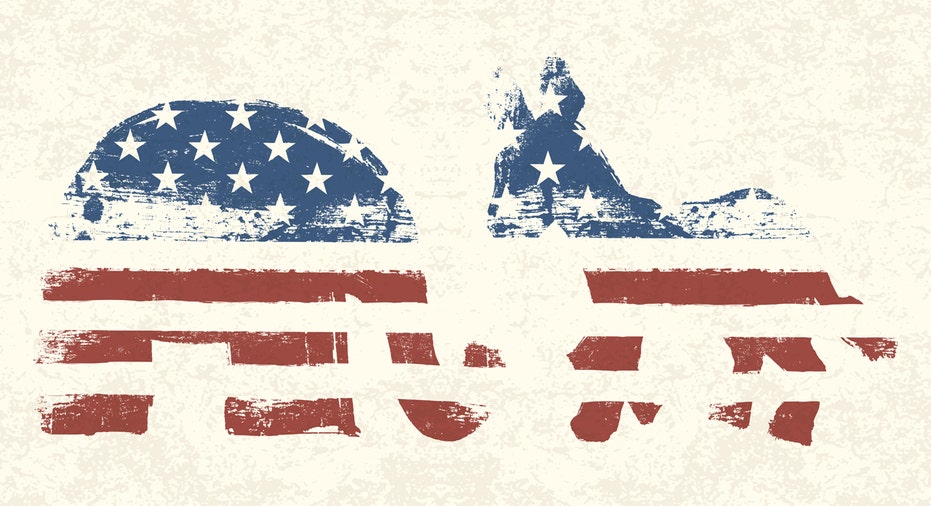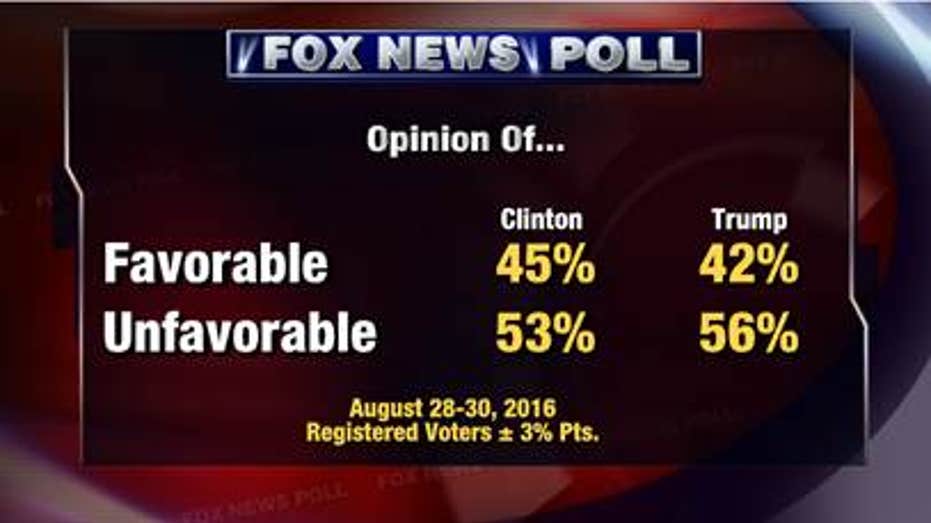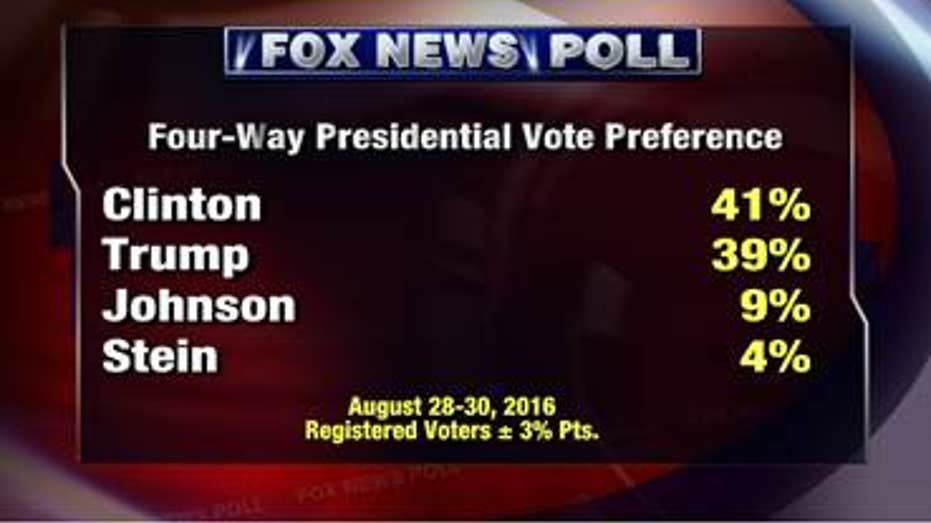Two-Party System Killing Democracy?

Who is the lesser of two evils? That’s the question Americans seem to be asking themselves this election, antagonized with the choice between major party candidates Donald Trump and Hillary Clinton. Never before have the Republican and Democratic nominees been so disliked by the voting populace; 53% of Americans find Hillary Clinton an objectionable choice, while 56% disapprove of Donald Trump, according to the latest FOX News poll.

With stats like that, it’s no wonder third-party nominees such as Libertarian Governor Gary Johnson and the Green Party’s Dr. Jill Stein are receiving legitimate consideration. Yet, while Johnson is polling at 9% and Stein at 4%, according to the FOX poll, history suggests it is unlikely either candidate will have a meaningful impact come November.

“Very few voters are actually indifferent between Trump and Clinton… They are reluctant to vote for a candidate or party seen as having no chance of winning for fear of aiding the candidate or party they detest,” Alan Abramowitz, Professor of Political Science at Emory University, tells FOXBusiness.com.
This suggests that instead of voting to put someone in the White House, Americans are voting to keep someone out of it.
Interestingly, fear is a chief influencer this election cycle. According to a recent USA TODAY/Suffolk University Poll, 80% of Trump supporters and 62% of Clinton supporters report that they would be “scared” if the other candidate won. Conversely, the percentage of people who would be “excited” about their own candidate’s victory rings in at a paltry 27% of Clinton, and 29% of Trump, followers.
Complicating matters for voters, it doesn’t look like the third-party nominees will have the opportunity to flex their muscles on the national debate stage.
Gov. Gary Johnson knows press coverage is key. In his opinion, third-party candidates are largely being left out of the discourse. “[Americans] think it’s a two-person race right now,” he tells FOXBusiness.com
Stephen P. Gordon, former Libertarian Party communications and political director, says media exposure could transform this entire election: “Media coverage is a big, big, majorly important factor." He adds “if [the third-party candidates] can break through that media barrier, they can get into the debates. If they get into the debates, it’s a totally different ball game.”
The main stage debates, which require candidates to be polling at an average of 15%, are a critical source of exposure that third-party candidates regularly lack. These candidates are at a further disadvantage because the Commission on Presidential Debates is controlled by Democrats and Republicans.
Ross Perot was the last third-party candidate to participate in a main stage presidential debate, in 1992, a year when inclusion was not determined by a polling threshold.
Johnson, while hopeful about his campaign, is less optimistic he will reach the necessary polling minimum for the debates. “We’ve got all the momentum in the world. Momentum is what you want and we have it right now. Will that momentum actually broach 15% when it’s supposed to? Maybe not,” he tells FOXBusiness.com
Former Congressman and Presidential Candidate Ron Paul, who ran for President on both the Libertarian and Republican Party tickets, tells FOXBusiness.com he struggled much more running as a Libertarian; those struggles went far beyond being shut out of the debates.
“If you look at the difficulty getting on ballots, I’ve been through it. I did it in ‘88, and had to spend a large portion, more than half I remember… trying to get on ballots.” Paul says.
Gordon corroborates his assertion. “In the U.S. we have requirements in many states, 40, 50, 60-thousand signatures for the third-party candidate, but not for the Republican or the Democrat. Not only that, they have arcane rules and are challenged by lawyers from the major parties.”
Getting on ballots, funding and media exposure are just a few of the obstacles faced by third-party candidates. In the absence of backing from powerful institutions and lobbies, these candidates struggle without an independent source of wealth.
Have these obstacles become an institutionally acceptable way of ensuring a two-party political duopoly? Gordon thinks so.
“The Republican and Democratic parties basically have been structured in such a way… that keeps third-party campaigns from actually being competitive.”
Even though he has navigated the compact two-party system throughout a long political career, Gordon still doesn’t understand the strict adherence to binary, broad-based factions. “There are no riots in the streets in Canada or Great Britain because they have more candidates in the mix… One would think that Americans would actually want to learn something from our Canadian or British friends.”
As someone who has experienced both the obstacles and the benefits of our two-party system firsthand, Ron Paul concedes that U.S. democracy suffers at the hands of duopolistic control.
“[The Democrats and Republicans]… have just made certain that democracy doesn’t have much chance to thrive in this country. And that’s why people get so disgusted.”
If you’re one of the many ‘disgusted’ Americans looking for a change this election, you might be hard-pressed to find one. Though neither currently qualifies, 76% of Americans want Stein and/or Johnson included in the debates, according to a recent USA Today/Suffolk University Poll. Yet, who has the power to modify those rules?
Ron Paul is not optimistic about this election, or many in the years to come. “We’re allowed to express ourselves, but we don’t get a fair shake, especially if you’re in a third-party, to get to compete.”
Paul is one of the politicians who has been battling the system from the inside for years. Ultimately, however, it doesn’t matter how hard he fights. If there is going to be a meaningful change, it has to come from the voters, not the politicians.



















